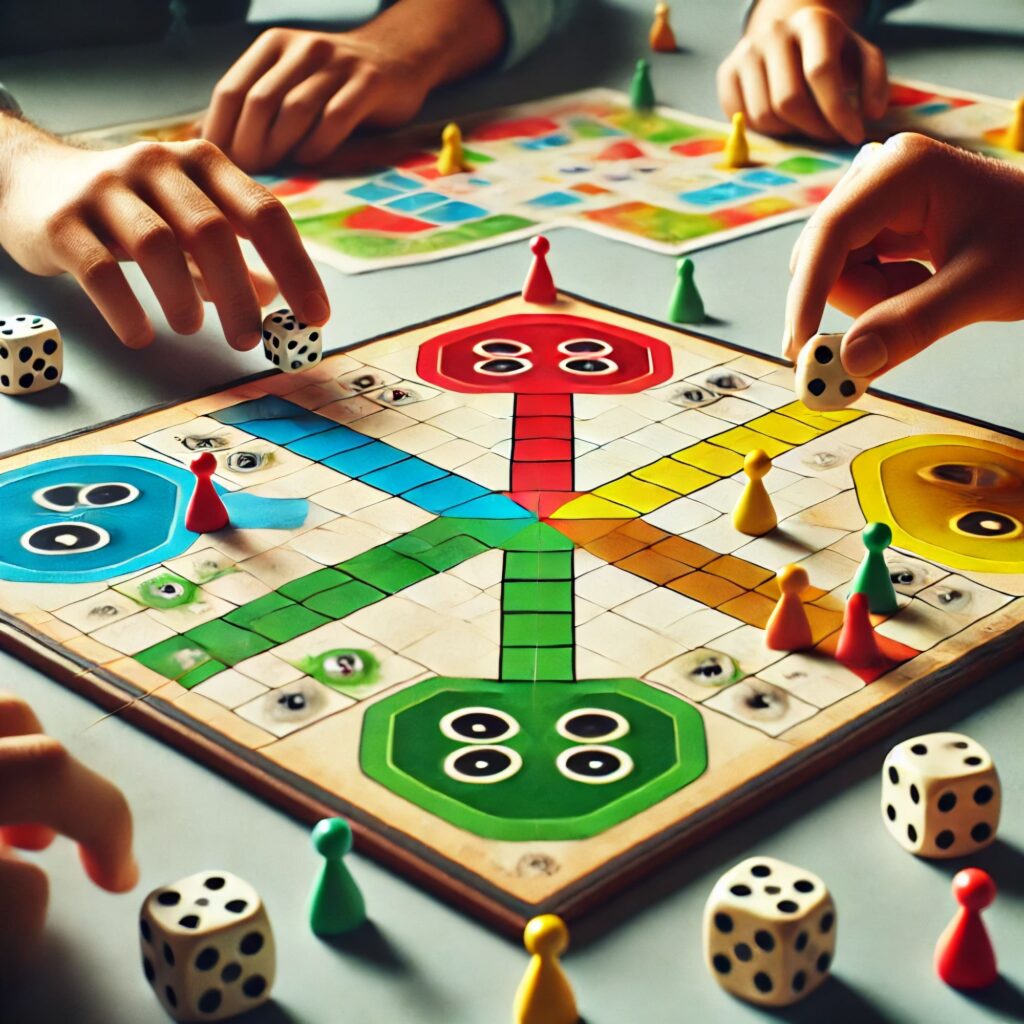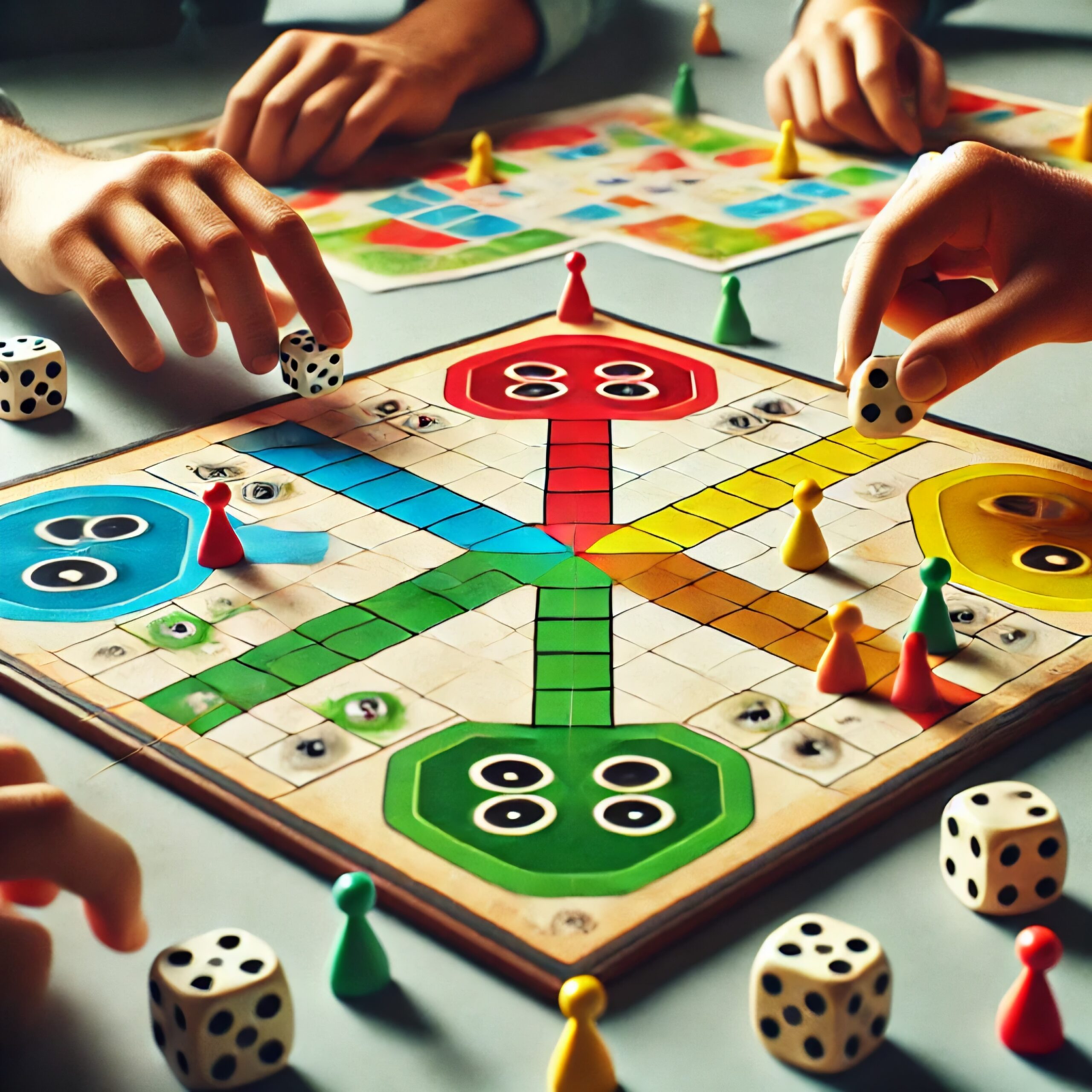“Don’t Get Angry” (Ludo) is a classic board game that combines fun and strategic movement to engage players of all ages. This game not only fosters patience but also promotes social interaction and friendly competition. In this article, we’ll explore how playing “Don’t Get Angry” can help improve emotional control, communication, and cognitive abilities.
“Don’t Get Angry” (Ludo) and Developing Patience
Playing “Don’t Get Angry” requires players to wait their turn, strategize, and accept setbacks gracefully when their pieces are sent back to the start. This aspect of the game teaches players to develop patience and emotional control, as they learn to manage frustration and stay calm under pressure. These skills are beneficial in everyday life when dealing with challenges.
Encouraging Social Interaction and Bonding
“Don’t Get Angry” is a multiplayer game that encourages communication and interaction among players. The game creates a social environment where participants can bond, share laughs, and engage in light-hearted competition. This helps strengthen relationships and improve social skills, as players practice conversing and connecting in a relaxed setting.
Improving Strategic Thinking
Although the game relies heavily on luck due to the dice rolls, players also need to plan their moves strategically to maximize their chances of winning. Deciding whether to move a piece forward or keep it safe encourages strategic thinking. This type of decision-making boosts cognitive skills and helps players think ahead and evaluate potential outcomes.

Boosting Emotional Resilience
“Don’t Get Angry” teaches emotional resilience by helping players cope with unexpected setbacks. Whether a player’s piece is sent back to the starting point or a move doesn’t go as planned, learning to manage these moments gracefully promotes a stronger mindset. This resilience is useful in dealing with real-life disappointments and challenges.
“Don’t Get Angry” (Ludo) as a Game for Relaxation and Fun
Despite its competitive elements, “Don’t Get Angry” is ultimately a game of fun and relaxation. It provides a break from daily routines and offers a chance to unwind with friends or family. The light-hearted nature of the game helps reduce stress and encourages a positive outlook, making it a great addition to any game night.
Health Benefits of Playing “Don’t Get Angry” (Ludo) for Patience and Social Skills
“Don’t Get Angry” (Ludo) is perfect for anyone looking to enhance their patience, improve social interaction, and practice emotional control. Playing Ludo fosters strategic thinking and emotional resilience, making it an enjoyable and valuable way to strengthen cognitive and social skills while having fun.
For more information and details about board games, visit our BOARD GAMES section. To explore a variety of game offers, check out the LIFESTYLE STORE for exciting selections.
More Suggestions:
Health Benefits of Azul: Enhancing Logical Thinking and Analysis
How Playing Chess Improves Your Mental Health
Health Benefits of Codenames: Improving Communication and Teamwork
